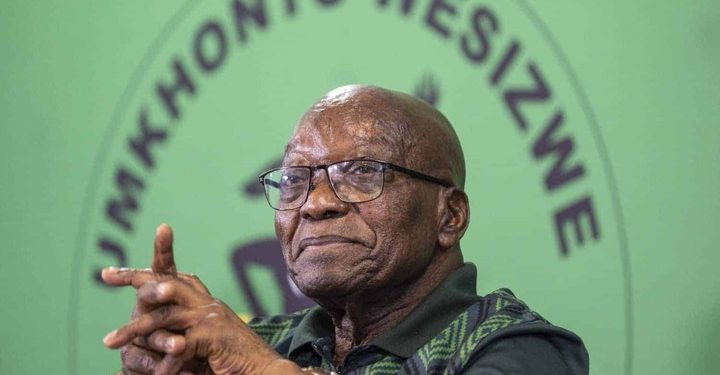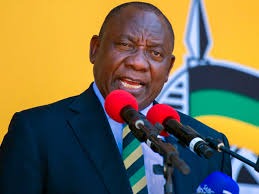The long-running fraud and corruption trial against former President Jacob Zuma is scheduled to return to the Pietermaritzburg High Court on April 24. The case revolves around a decades-old arms deal involving allegations of bribery and illicit payments tied to Zuma’s time as deputy president.
A key focus of the upcoming hearing will be a ruling on Zuma’s application for leave to appeal the dismissal of his attempt to remove lead prosecutor Advocate Billy Downer from the case. Zuma has repeatedly accused Downer of bias and leaking confidential medical information to the media—allegations the National Prosecuting Authority (NPA) has firmly denied.
In an earlier judgment, Judge Piet Koen rejected Zuma’s recusal request, finding no evidence of bias that would affect the trial’s fairness. Despite this, Zuma insists his constitutional rights have been violated and that he cannot receive a fair trial with Downer leading the prosecution.
The April 24 hearing will decide whether Zuma can pursue his appeal or if the trial will proceed with the current prosecution team. Legal experts note the ruling could either cause further delays or pave the way for the substantive charges against Zuma to finally be addressed.
Zuma faces multiple counts of fraud, corruption, and racketeering linked to the 1999 arms procurement deal. His co-accused, French arms company Thales, is also charged with corruption and money laundering.
The case has faced years of delays, procedural disputes, and appeals, drawing criticism from civil society groups concerned about accountability and judicial integrity.
As the court date nears, attention turns to the Pietermaritzburg High Court’s decision, which could be pivotal in one of South Africa’s most prominent corruption trials.






















